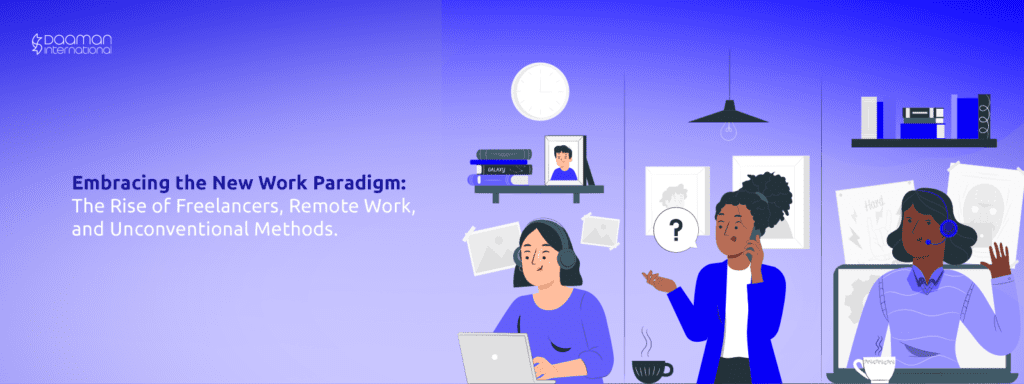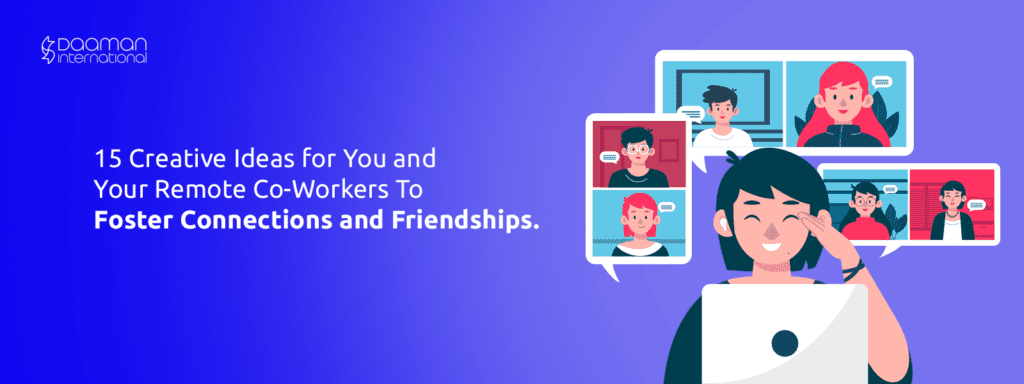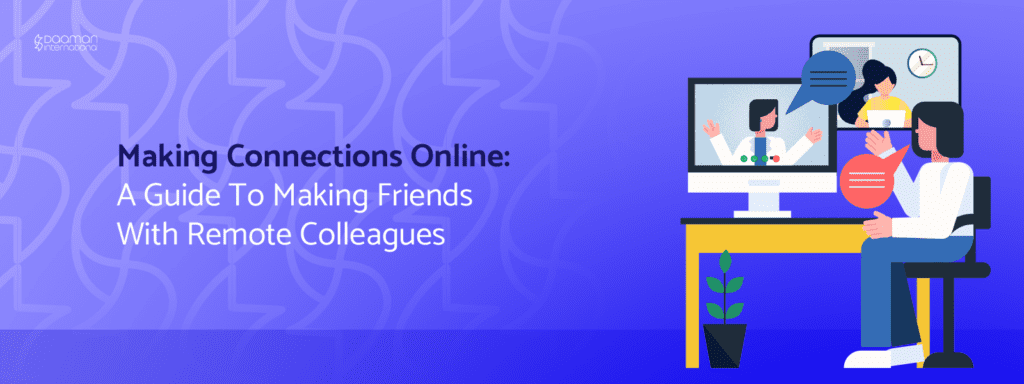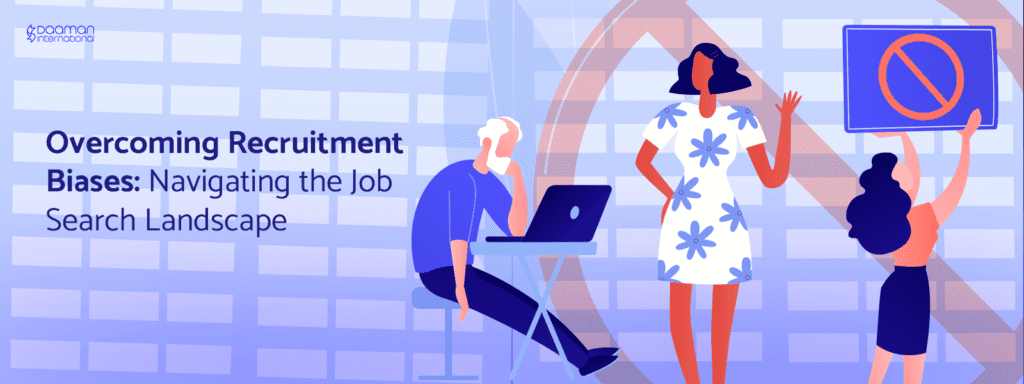Embracing the New Work Paradigm: The Rise of Freelancers, Remote Work, and Unconventional Methods
In the rapidly evolving environment of the modern workforce, traditional concepts of employment are undergoing profound transformation. The increase in the number of freelancers, remote work and unusual ways of working has become a defining trend that questions the established norms and shapes the way people work. As this change continues to accelerate, it is imperative that companies adapt their approach to the preferences and needs of a new generation of workers. The Freelance Revolution One of the most striking developments in recent years has been the rise of freelancers. Thanks to advances in technology and the growing adoption of remote work, freelancers now make up a significant portion of the global workforce. These freelance professionals offer their skills and expertise on a project-by-project basis, providing businesses with flexible access to specialized talent without the constraints of traditional work arrangements. For many freelancers, the appeal lies in independence and freedom. They are their own boss and they have the flexibility to choose their own projects, set their own schedules and work anywhere in the world. This new agency has empowered people to pursue their passions, achieve a better work-life balance, and manage their careers in previously unimaginable ways. The Telecommuting Revolution At the same time, remote work has become a mainstream alternative to the traditional work office model. Thanks to digital connections and collaboration tools, telecommuting offers employees the freedom to work anywhere there is an internet connection. This flexibility has proven particularly attractive to a new generation of workers who prioritize independence, flexibility and work-life balance. Remote work also benefits employers by expanding the talent pool beyond geographic boundaries and reducing overhead costs of care or a physical office space. Companies that use telecommuting can attract top talent, cultivate a more diverse and inclusive workforce, and become part of a global network of skilled professionals. Using non-traditional methods. In addition to freelancing and remote work, non-traditional work practices are gaining momentum among the new generation of workers. Individuals are looking for innovative ways to make a living and pursue their passions outside of traditional employment structures, from gig economy platforms to shared economy models. Companies that recognize the value of these unconventional methods can tap into vast talent and creativity. By using freelancers and remote workers, they can acquire specialized skills as needed, increase their workforce according to project needs and adapt to rapidly changing market conditions. Additionally, by evaluating independent projects such as school or formal jobs, companies can create opportunities for people to gain valuable experience, develop new skills, and create diverse portfolios that showcase their talents. It’s always great to have different perspectives from workers that have had different cultural, educational and ethnic upbringing. Change the way we work As the freelance economy continues to grow and remote work becomes more common, companies need to rethink their approach to talent acquisition, management and retention. Embracing the new work paradigm requires a shift in mindset—one that prioritizes flexibility, adaptability, and engagement. To effectively leverage the talents of freelancers and remote workers, companies must invest in digital infrastructure, communication tools, and collaboration platforms that enable seamless remote management. . cooperation They must also foster a culture of trust, accountability and openness where remote workers feel valued, supported and empowered to do their best. Furthermore, by advocating policies and practices, companies can play a proactive role in shaping the future of work which support freelancers and remote workers. This can include advocating for fair compensation, benefits, and protections for independent contractors, as well as promoting initiatives that promote lifelong learning, skill development, and career opportunities outside of traditional employment models. The bottom line is the rise of freelance, remote contractors. work and non-traditional ways of working represent a paradigm shift that is shaping the way people engage in work and the way companies approach talent management. By embracing this new work paradigm, companies can unlock untapped potential, drive innovation and create a more sustainable and adaptable workforce for the future..












